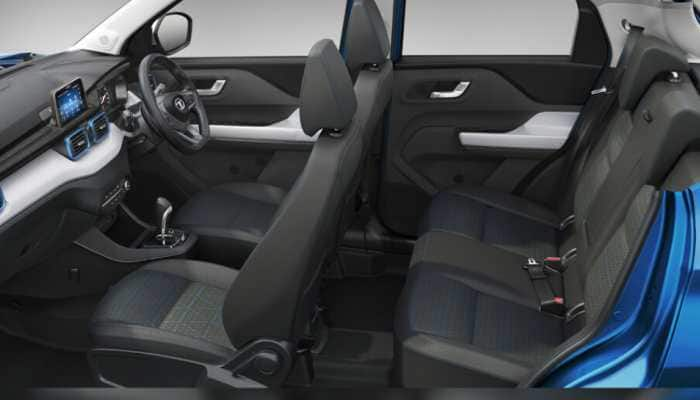Hubble zeros in on quadruple star system DI Cha
DI Cha, also known as Hen 3-593 or HIP 54365, is a quadruple system containing two sets of binary stars, though only two stars are apparent.
Trending Photos
) Image credit: ESA/Hubble & NASA, Acknowledgement: Judy Schmidt
Image credit: ESA/Hubble & NASA, Acknowledgement: Judy Schmidt Washington: The Hubble Space Telescope (HST) has captured a stunning image of a complex star system called DI Cha.
Also Read: NASA unveils stunning Ultra-HD video of the sun!
The image was captured using Hubble’s Advanced Camera for Surveys (ACS), showing two stars shinning through the center of a ring of cascading dust.
DI Cha, also known as Hen 3-593 or HIP 54365, is a quadruple system containing two sets of binary stars, though only two stars are apparent.
Also Read: NASA astronaut Scott Kelly's first ever 'spacewalk selfie'
DI Cha is located about 520 light years from Earth in the southern constellation Chameleon.
As DI Cha is a relatively young star system it is surrounded by dust. The young stars are molding the dust into a wispy wrap.
According to the European Space Agency (ESA), the host of this alluring interaction between dust and star is the Chamaeleon I dark cloud - one of three such clouds that comprise a large star-forming region known as the Chamaeleon Complex.
Amateur astronomer Judy Schmidt submitted a version of this image to the Hubble’s Hidden Treasures image processing competition.
DI Cha's juvenility is not remarkable within this region. In fact, the entire system is among not only the youngest but also the closest collections of newly formed stars to be found and so provides an ideal target for studies of star formation.
The Hubble Space Telescope is a collaboration between ESA and NASA. Hubble has made more than 1.2 million observations since its mission began in 1990.
Stay informed on all the latest news, real-time breaking news updates, and follow all the important headlines in india news and world News on Zee News.
Live Tv







)
)
)
)
)
)
)
)
)
)
